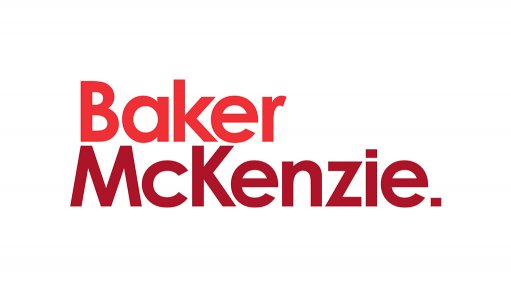
On 23 September 2022, the Competition Commission of South Africa (Commission) published an amended version of the draft Guidelines on the Exchange of Competitively Sensitive Information under the Competition Act 89 of 1998 (Act).
The amended draft of the guidelines sheds light on the approaches the Commission will follow to determine whether information exchange between competing firms contravenes the Act. The Commission noted that, as factors for evaluating conduct vary from case to case, it does not intend to apply them mechanically, depending on, "amongst other things, the nature of the information sought to be exchanged, the purpose for which the information is being exchanged and the market characteristics and dynamics."
The revised guidelines provide narrower and more focused guidance on the type of information exchange that may enhance efficiencies and potentially harm competition. According to the Commission, the type of information exchange that enhances efficiencies of competition may be competitively sensitive but exchanging historical and aggregated information could, in appropriate circumstances, have benefits for competition. Among the examples given were the exchange of information to improve investment decisions, good governance practices, health and safety measures, and nationally aggregated and historical information.
In contrast, the type of information that would be considered harmful to competition relates to exchanging competitively sensitive information to conduct and facilitate anti-competitive practices. In this scenario, explicitly or tacitly exchanging information in relation to various aspects of a market, such as prices, output restrictions, entry restrictions, and market allocations could facilitate collusion and coordination between competitors.
Similar to the previous draft guidelines, the Commission has retained the broad approach of covering all markets, so there are no guidelines concerning safe harbours. According to the Commission, safe harbours should be determined on a case-by-case basis, according to the specific features of specific markets.
The amended guidelines apply specifically to the exchange of competitively sensitive information between competitors (even through a third party, such as a trade association, customer or supplier) under section 4 of the Act. Section 4 prohibits restrictive horizontal practices between actual or potential competitors, such as collusion, which involves price fixing, market allocation or bid rigging, as well as conduct that has the effect of substantially preventing or lessening competition in a market.
The revised guidelines do not cover price signalling, public announcements, joint ventures, cross-directorships or cross-shareholdings, customer quotation requests, market studies, or benchmarking. Due to the complexity of these topics, the Commission observed that they are best addressed on a case-by-case basis.
The Commission has invited interested parties to comment on the amended guidelines by 4 November 2022.
Written by Angelo Tzarevski, Director Designate, and Dyondzo Kwinika, Candidate Attorney, Antitrust & Competition Practice, Baker McKenzie Johannesburg